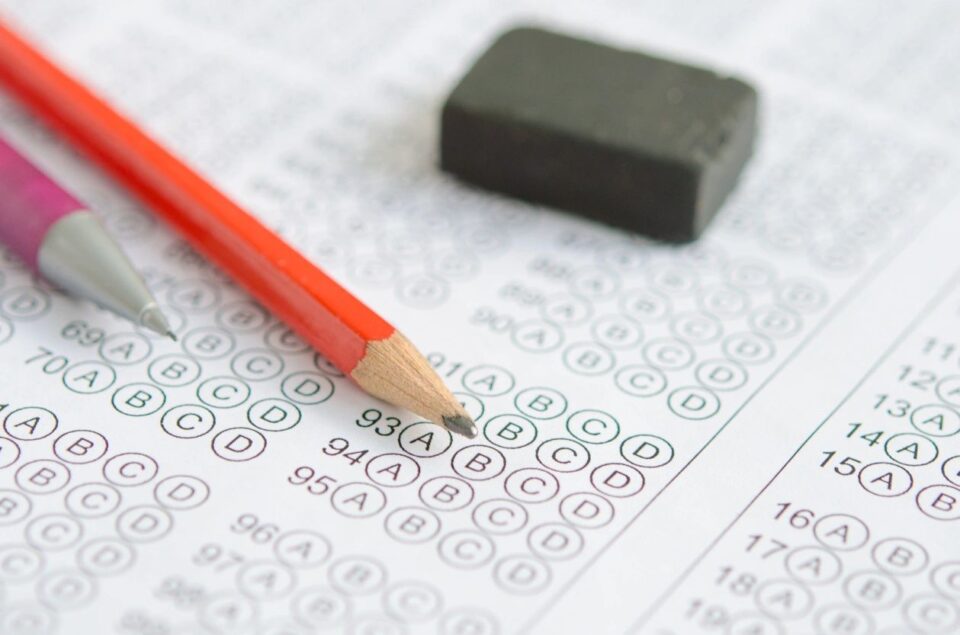A recent revelation that only 36 percent of American adults can pass the U.S. citizenship test has raised eyebrows and alarm bells about the state of civic knowledge in the country. This test, which gauges a basic understanding of American history, government, and civic principles, is often seen as a cornerstone of what it means to be an informed citizen. However, the fact that most Americans can’t answer fundamental questions about their own nation’s foundations suggests a deeper issue—a failing education system and a culture that increasingly sidelines civic engagement.
The situation among younger generations is even more bleak. A 2023 report noted that only three percent of high school students could pass the citizenship exam. Yes, three percent. These are the same students who will soon enter the voting pool, tasked with making decisions that impact the republic’s future. Yet, they lack even a rudimentary understanding of the Constitution, key historical events, or the basic functions of government. How can a democracy survive, let alone thrive, when its citizens are this uninformed?
One of the biggest ironies here is that immigrants applying for citizenship often outperform native-born Americans when it comes to the citizenship test. The test, consisting of 100 questions, requires applicants to correctly answer six out of ten randomly selected questions to pass—a modest 60 percent. Yet, surveys consistently show naturalized citizens are better prepared than those who have lived their entire lives in the United States. What does it say about our priorities when the people seeking to join this country know more about it than those already living here?
Several factors contribute to this civic ignorance. The American education system has steadily deprioritized history and civics in favor of STEM subjects and endless standardized testing. While technical skills are valuable, the cost has been a diminished understanding of the principles that underpin our democratic republic. Add to this a cultural environment obsessed with fleeting social media trends and partisan bickering, and it’s no wonder nuanced discussions about governance and history are nearly extinct.
To make matters worse, some schools have turned to revisionist curricula that prioritize grievance narratives over foundational ideals. Instead of learning about the aspirations and principles embedded in documents like the Declaration of Independence, students are often taught to view the nation’s founding through a lens of cynicism and disdain. This fragmented, often biased approach leaves them with a distorted understanding of history, eroding their ability to appreciate the values that have shaped the country. If these trends continue, it’s hard to see how future generations will be equipped to engage meaningfully in a democratic society.

